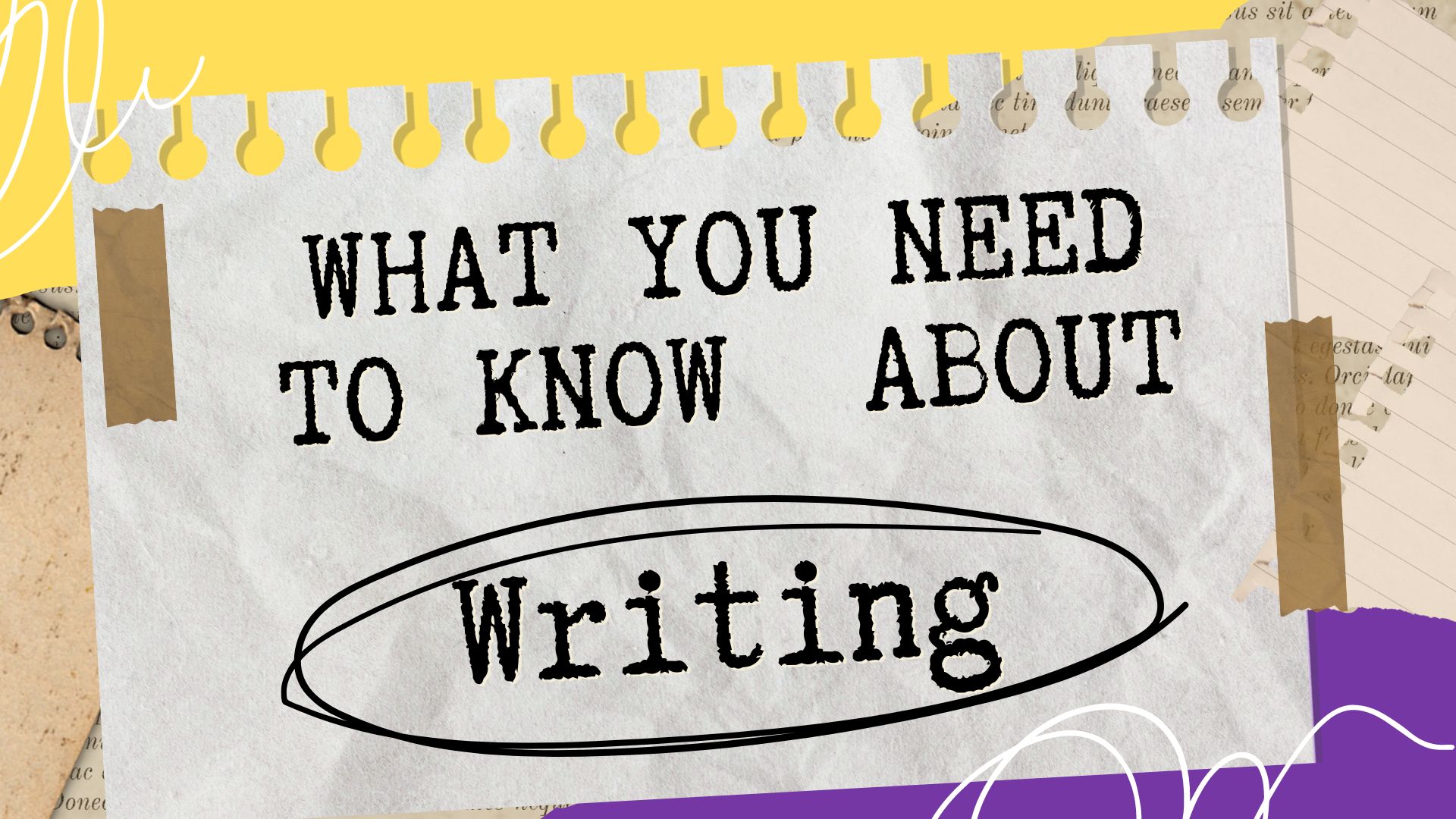As an artist in writing, creation and the digital world, I see myself asking the same question- Is this even good enough? I ask this question a lot more than I would like. Self doubt has been a part of the creative process for a very long time. It is something that always happens even to the best creatives in the world. Though we cannot prevent this thought we can surely work through it. Doubts and fears can lower your abilities to produce your work properly. This can cause you to procrastinate on a project simply because you fear it will never be good enough. You write, then cross it out, write again, cross it out- you get the idea. These beliefs of never being good enough will only hold you back. But reassure me, when there’s a problem, you can find a solution. Starting off with building your confidence in your writing, there are several tips I have for you.
- The Power Of Positive Thinking
I have a blog that goes into more detail about this topic and you can find it here. Now just as an overview, you’re probably thinking how positive thinking is going to help me write this book if I don’t do the action to do it. Now rest assured, all your actions come from deep inside your mindset. Instead of saying “I am never going to finish this book!” start thinking about how you can finish that book. If you keep telling yourself you aren’t going to do it, then why should you even start it. When you say “i am a terrible writer” ask yourself why do you feel this way? What makes you a terrible writer and any answer you have for those questions, you can always improve. Then you follow up with the question, how can i improve this thing that makes me feel like a terrible writer. Not everyone is perfect, and if you think someone just knows they weren’t always like that. It takes a positive mindset to really grow into the person you want to be and do the things that person is doing.
- Enjoy The Journey As Much As The Destination
A lot of people focus on the finished product and think that the product has to be perfect. This is where things often go wrong, this is where a lot of pressure is put on you and you basically start to overthink every little thing. When you start to focus on the process of writing, you write more creatively, and more fluently. Of course once you get to the end you can go back and update any changes that need to be made. Everything is a learning curve and while you are learning, there are going to be flaws. You will have to accept those flaws and approve them.
- Treat Yourself Without Judgement
Understand that you are still learning. Learning itself is a lifelong journey. Reflect on how far you have gotten instead of how far you must go. Celebrate the little wins in your journey, this will make the journey worthwhile. Reflect on your journey so far and take time to see areas you need to improve upon. Don’t beat yourself up if you have many areas you need to improve. Everyone has things they need to improve, you’re not alone.
- Take Failure As a Lesson And Set Realistic Goals
Failure is just something that is part of the process. It is something EVERY writer has been through. Reflect on your failures. Analyze what did work and what didn’t work. Take what you have reflected on and change your process then try again. Like I heard once, failure is just a minor setback for a major comeback. Make goals to trust your new process. When setting these goals, think about what you really can reach in the amount of time you have. Set it below your expectations. You can always go over that goal but you must not go under.
- Look Around, You’re Not Alone
Find a community that ll help you grow, motivate you and build a network. You may not see it but there are many people in the same boat as you. You just have to get out your head and look. Surrounding yourself with writers will offer an outer perspective to your writing. These fellow writers can offer feedback, accountability and encouragement. There are many communities out there whether it’s a writing group, writing workshops or online groups. Seeking a mentor in these groups will help you have someone to learn from and someone you know will give you great constructive feedback.
Defeating a writer’s doubt is only possible if you have the willingness to defeat it. By following these tips, you will feel more confident knowing that there are people there to support you every step of the way. Keep in mind to let yourself flow on to the page. Don’t overthink it! Just write something down because you can always go back once it’s done. Trust in your goals and stay positive.
